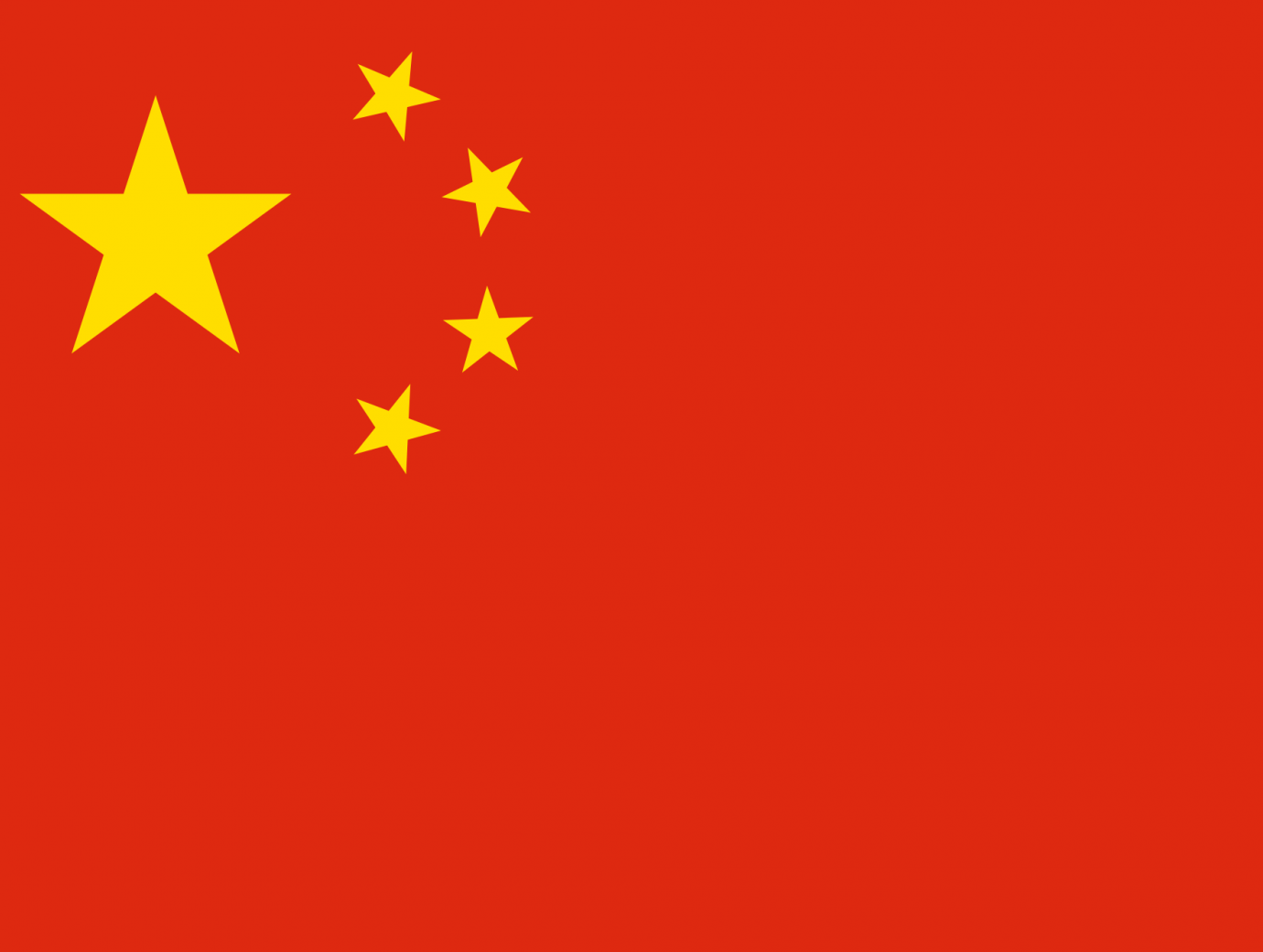Top EPI leaders in China’s National Health and Family Planning Commission (NHFPC) travelled to Ottawa and Atlanta to discuss mechanisms for including new vaccines into existing immunization programs by use of a strong National Immunization Technical Advisory Group – in this case, Canada’s National Advisory Committee on Immunization (NACI) and the United States’ Advisory Committee on Immunization Practices (ACIP).
China’s EPI system currently protects children from 12 vaccine preventable diseases as a vertically-integrated program that is able to attain uniformly high coverage levels and that accomplishes immunization goals and objectives. There is a strong desire in NHFPC to include additional, appropriate vaccines into the EPI system to control and prevent more infectious diseases. The study tour provided an opportunity for China’s EPI leadership to examine in depth the systems used in Canada and the U.S.
Highlights of the study tour included in-person discussions with Canadian and American immunization program leadership about the roles of NACI and ACIP for adding vaccines and updating recommendations with new evidence and the mechanisms for financing, procuring, implementing, and monitoring use, impact, and safety of program vaccines. Study tour participants attended an ACIP meeting and met with ACIP members and secretariat to discuss immunization policy making from an advisory committee perspective.
The study tour was organized by the World Health Organization’s (WHO) China Country Office with great technical support by AMP’s SIVAC, WHO’s Western Pacific Region Office, and U.S. CDC’s Global Immunization Division. It followed an international workshop, held in Beijing in September, on adding vaccines to immunization programs by use of a strong NITAG. Financial support for the study tour and the workshop was provided by the WHO/US CDC Small Grants Program.
NACI's point of view:
The visit provided an opportunity for the NACI Secretariat to discuss the organization of health care and public health in Canada as well as how vaccine recommendations are developed at the national level and how vaccines are procured and monitored on the Canadian market. The visit provided a great opportunity for the NACI Secretariat to hear about the immunization system in China and discuss items of mutual interest as well as challenges such as coverage assessment. This was a great opportunity to meet and interact with international colleagues working in the area of vaccines.
- China


